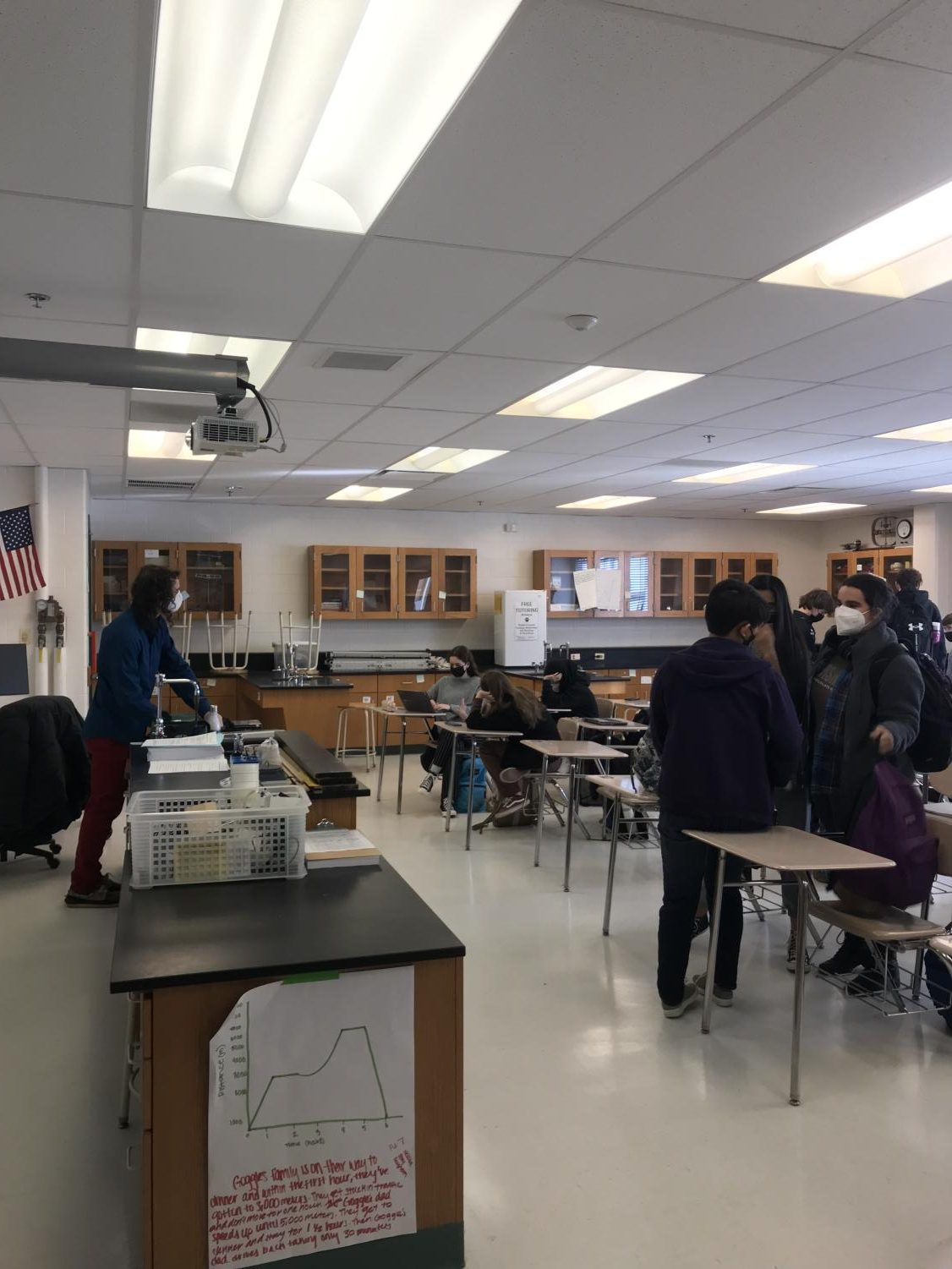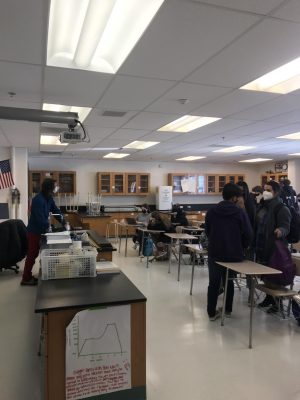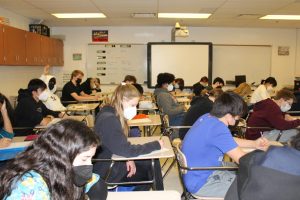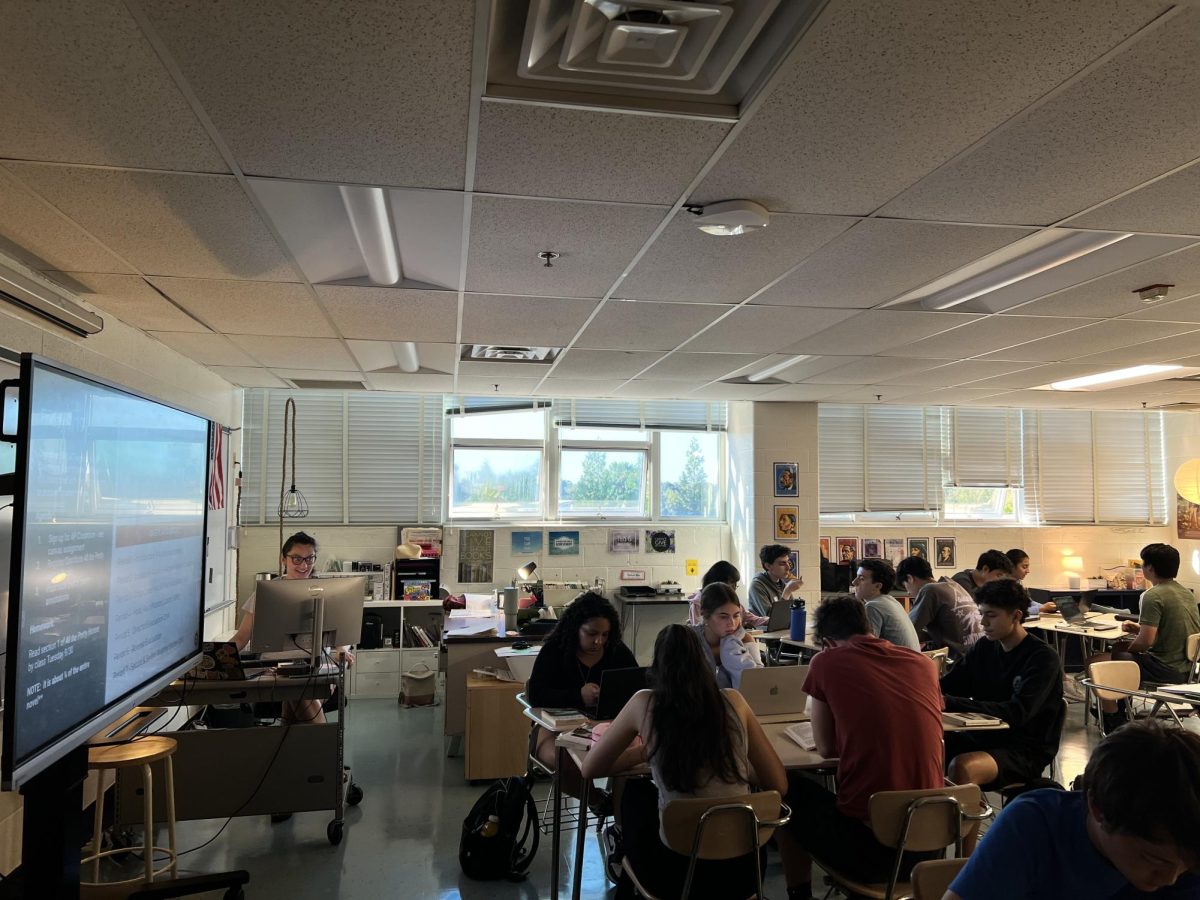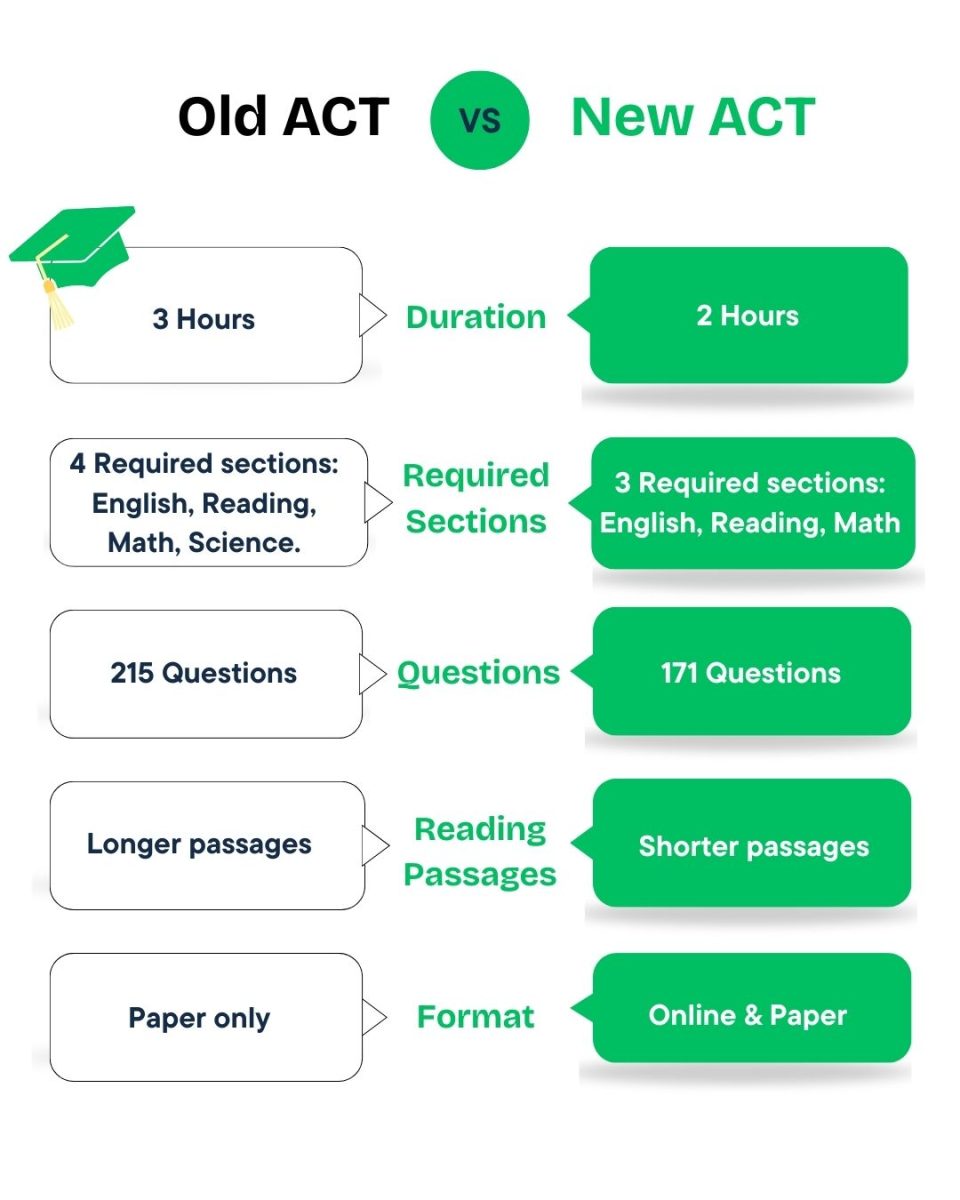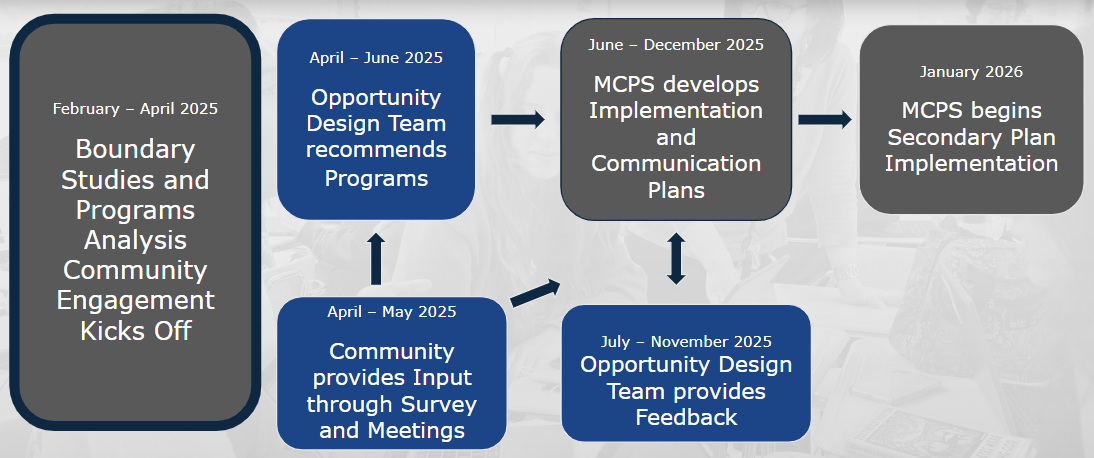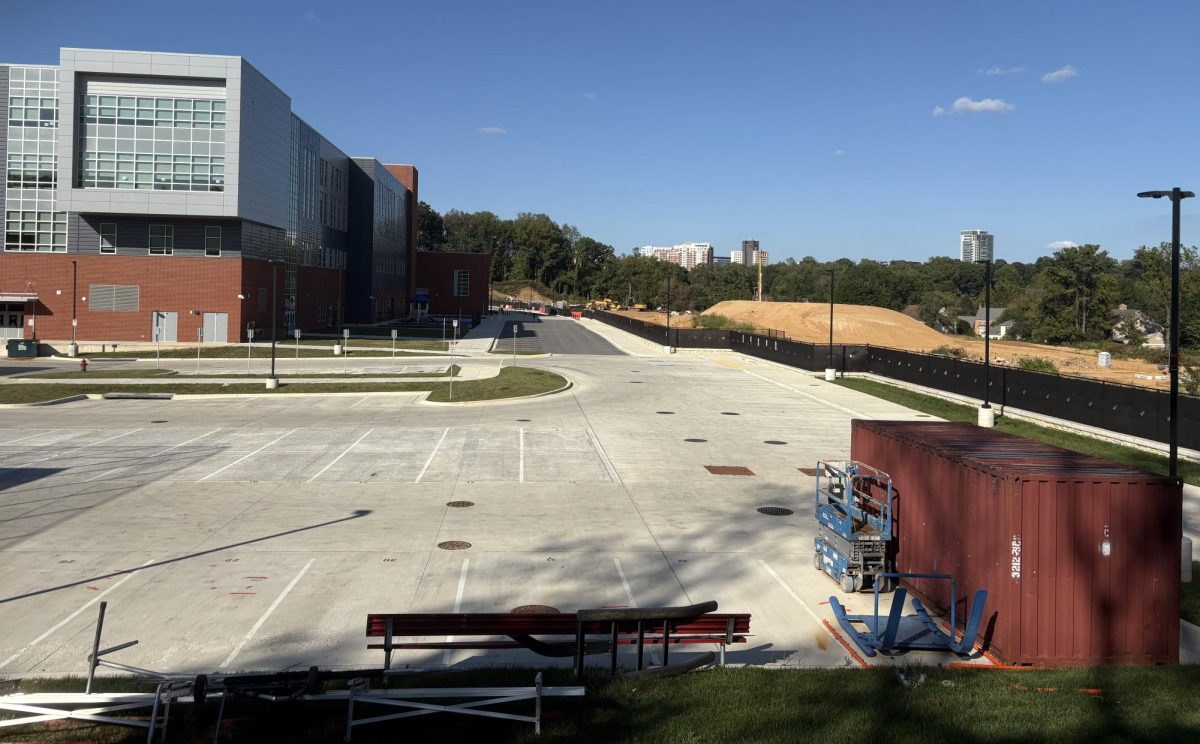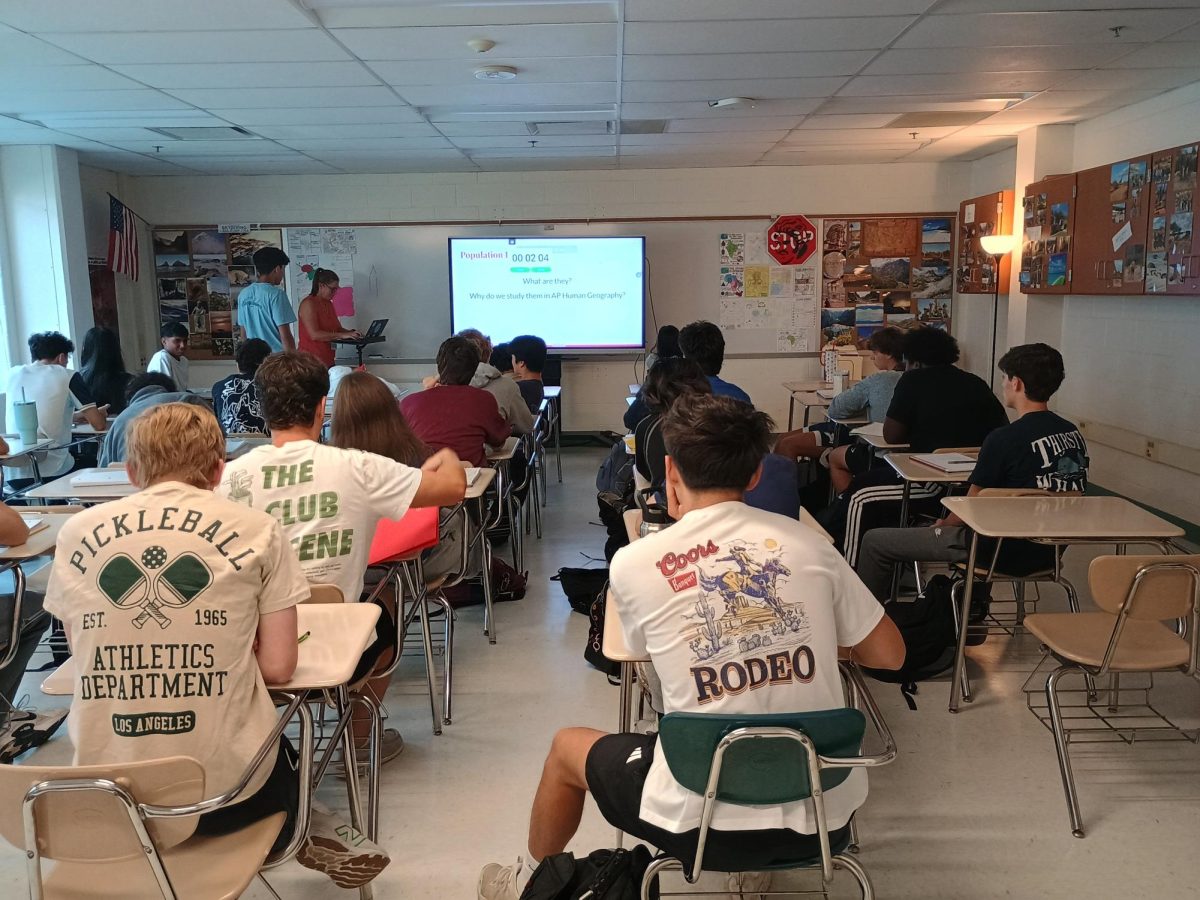On Jan. 11, the Montgomery County Board of Education (BOE) passed a new emergency ruling allowing parents to temporarily withhold students from attending in-person classes due to high Covid-19 positivity rates. Students who stay at home are still expected to continue learning virtually by working directly with their teachers. Despite the high numbers of cases at Walter Johnson, the school continued in-person learning causing many students, parents and teachers concern for their health and safety.
Students will not be allowed to stay at home for the remainder of the school year and the BOE is working to create a “chunk” schedule which will allow students to stay at home on a two-week rolling basis.
The BOE will hold periodic town hall meetings with school administrators, students, families and the Parent Teacher Associations and continue to reassess whether to extend this option. The most recent meeting was conducted on Jan. 31, during which the BOE decided to continue the withholding option for another two weeks. The next meeting is scheduled for Feb. 14.
“It [the new policy] takes into account the parents’ perspective … It is not just like a student arbitrarily not coming to school and blaming it on Covid. It is a decision made at the family level between the parents and students,” English teacher Ian Matthews said.
While the decision has eased some of the immediate concerns, it placed an additional burden on already overburdened teachers. At the beginning of the school year and prior to the Omicron surge, MCPS had a very limited virtual option for students. Those interested in virtual learning had to apply long before the beginning of the year for the Montgomery County Virtual Academy. Spots were limited and a long waiting list meant that joining the Virtual Academy after the start of the school year was very unlikely, and the very large majority of students have been attending in person.
As students contracted the virus and/or were quarantined after close contact, they were instructed to work directly with their teachers to continue learning from home. The students could not join the Virtual Academy, which meant teachers had to not only instruct inside their classrooms, but also work directly with these students during their absences.
The new decision adds more students to the already significant number learning from home due to COVID-19 quarantine. This puts more pressure on teachers to teach both students inside the classroom and those at home.
“So, when a lot of students are out for excused absences, I want to provide as much as I can for them as if they were in class. The problem is that if you are providing hybrid instruction essentially, you have to tailor your instruction to be able to be put online,” science teacher Adam Zeitlin said.
With this recent move made by teachers to expand hybrid learning, some are concerned that the teachers will not be able to keep up with the significant increase in workload and that the quality of instruction will suffer.
“Kids concerned with safety and parents concerned with safety are valid. But, it does put a tremendous burden on us to navigate how to effectively teach them online and not have them miss important lessons,” history teacher Toni Scher said.
Some teachers believe that the Board could have handled the situation differently and that going virtual for 14 days right after winter break would have limited the spread and alleviated some of the pressure on teachers. A student walkout was held on Jan. 21 and student petitions were filed with the MCPS asking for a virtual option as students also agreed with this sentiment.
“I think it would have been better if we would have gone on a one or two week virtual break, to eliminate the possibility of everyone getting [sick] over and over again. The longer the students remain virtual the more it [teaching] becomes virtual like last year,” Zeitlin said.


